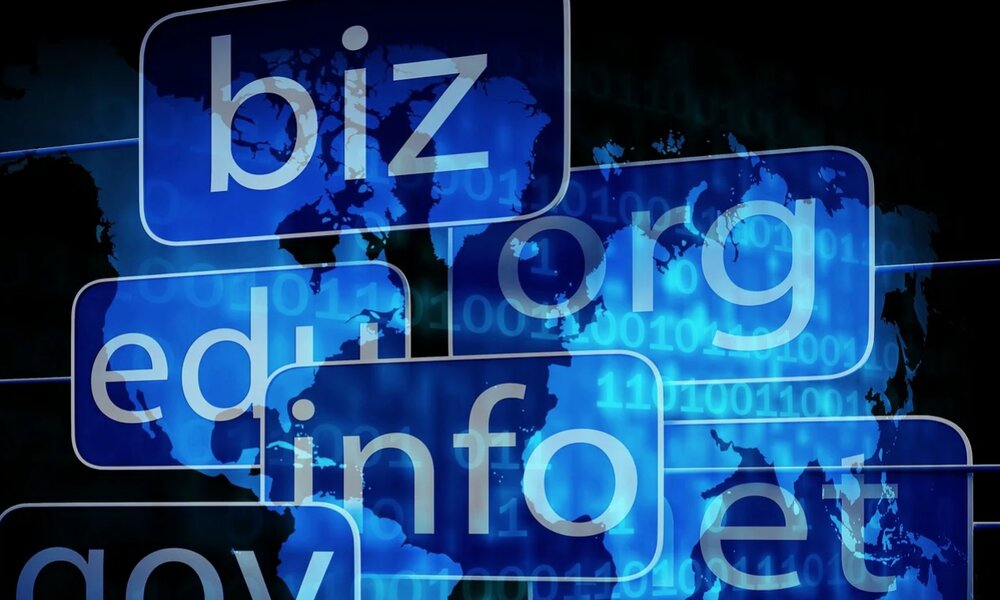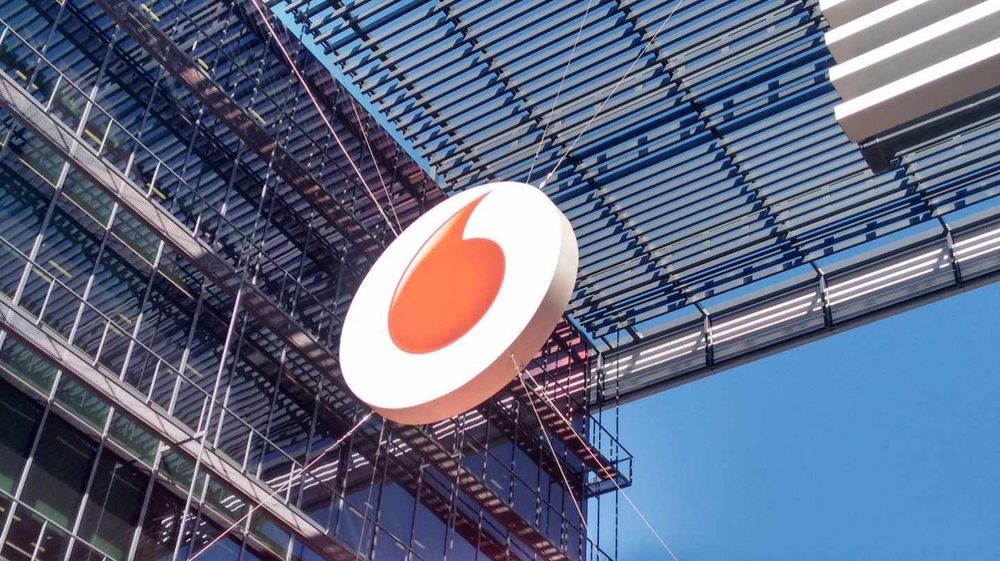
On March 1st, four days after Russia’s invasion of Ukraine, the First Deputy Minister of Ukraine Mykhailo Fedorov, asked in an email Head of DNS and CEO of ICANN, Göran Marbywhat deactivate all top level domains associated with Russia. Therefore, he called for it to impose sanctions on the country, claiming that the Putin regime had used Internet infrastructure to spread propaganda for its war operations.
Specifically, it called for the revocation of the .ru, .su, and .?? domains, as well as others used by the Russian Federation, by shutting down the root DNS servers serving the Russian Federation. Also that they maneuver to obtain the revocation of the SSL certificates for said domains. And ICANN has already responded by refusing to do so. If they had done so, some five million domains would disappear from the Internet
Göran Marby has made public the response to the petition, in which he assures that his organization is an independent technical body, which is in charge of supervising the DNS and world unique identifiers, and that it must maintain neutrality. Marby points out that «ICANN is a facilitator of the security, stability, and resiliency of these identifiers, with the goal of achieving a single, global, and interoperable Internet. In our role as technical coordinators for Internet unique identifiers, we take steps to ensure that the operation of the Internet is not politicized, and we have no authority to apply sanctions. Basically, ICANN has been developed to ensure that the Internet works, not to use its coordinating role to make it stop working.«.
In addition, Marby has stressed that ICANN does not have the necessary authority to do what Fedorov has asked, and that “In the case of country top-level domains, our work involves above all the validation of requests that come from authorized entities within each country or territory. Globally agreed policies do not allow ICANN to take unilateral action to disconnect such domains«.
That is, even if they wanted to, they couldn’t do it. Marby has confirmed that the system is maintained by independent operators, and that ICANN also does not have the ability to revoke SSL certificates. At the same time, the RIPE Network Coordination Center has also responded to Fedorov’s requests, highlighting the need to remain neutral.
But CENTERthe Council of National Top Level Domain Registries of Europe, he has taken sides, with a measure that, although symbolic, speaks about his position. This NGO, which focuses on legal, administrative, and technical policies, as well as best practices for top-level domain registries, suspended last Tuesday the administrator’s membership for .ru and .P? domains: your Coordination Center.
In a statement on its website, the group has stated that “The CENTR board is following the Russian military actions in Ukraine with concern, and strongly condemns the violation of international law and the territorial integrity of Ukraine. Ukraine’s top-level domain name registrar is a member of CENTR and we support Ukrainians in their efforts to resist the Russian invasion«.
But as we have mentioned, this is a symbolic measure, since this will not prevent the Russian domains from continuing to function. The situation of the Coordinating Center, according to CENTR, will be discussed at the entity’s general assembly, which will take place at the end of this month.
As for the Director of the Internet Governance ProjectGeorgia Tech professor Milton Muellerhas reinforced the need to keep the Internet infrastructure neutral in a post rejecting Fedorov’s request to disengage from Russia, saying that “Despite our strong opposition to Russia’s war, and our support for punitive sanctions that attack Russia’s ability to sustain military operations economically, this proposal is misguided and dangerous. It strikes at the very foundation of the neutral administration of name and number registries that is needed to make global communications fair and accessible to all.«.
Mueller adds that ICANN’s intervention would undo the foundations of the Internet and open the door to bad situations, noting that “Current calls to subject the Internet governance regime to the momentary wrath of Russia are more about posturing than effective responses to Russian aggression. These efforts to appear virtuous as opposed to a clear evil can, inadvertently, do long-term harm to human rights.«. Obviously, these responses and the explanatory memorandum have not satisfied the Ukrainians, nor others in Europe. But they have no choice but to accept the decision. Meanwhile, Russia, which continues to attack Ukraine with increasing force, faces all kinds of international sanctions, and the transfer of the war to the Internet.



